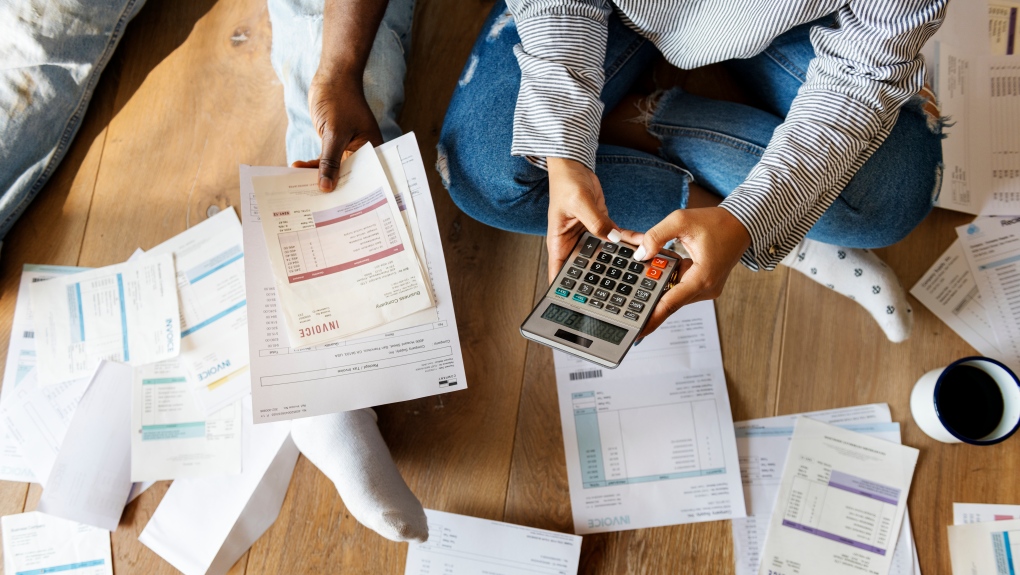
Inflation is now forcing some Canadians to find different ways to afford day-to-day expenses.
The amount of credit card debt among Canadians has tripled in the last two years – per Stats Canada.
Economists say lower-income Canadians are turning to credit cards with high-interest rates to pay for the necessities and now, those people need help.
Joel Grisé is a Licensed Insolvency Trustee at Fontaine and Associates in North Bay.
“The phone stopped ringing in March of 2020 and didn’t pick up until, I’m going to say January that’s just come by,” Grisé said.
“Right now I’m having a hard time keeping up with phone calls.”
For those who have experienced credit card debt know it is a stressful situation – but experts say it also comes with many lessons.
“We regretted it because we were in debt there for a while after racking up our credit cards,” a Sault native said.
“We went over to Credit Counseling and we used their services and paid off our debt.”
Another Sault resident said it didn’t him long to find himself “in the hole.”
“I got my first credit card, eligible up to 2,500. I maxed that out in probably three months.”
The 23-year-old is in the process of paying off that debt and said he has received some good advice since then.
“They told me whatever you spend on your credit card to just immediately pay it back with your cash or your debit,” he said.
Grisé said with the right habit changes and a plan from someone like himself, some can eliminate their debt in as little as nine months.
Though swiping or tapping a credit card may be easiest when shopping, he said it is not how financial experts recommend you do it.
“They can do more harm than good,” Grisé said.
“And if you want a little bit of education, if you use credit or debit, you’re going to spend 13 per cent more than if you use cash.”
Debt experts said that while everyone’s financial situation varies – if a person owes more than $5,000 or has been trying unsuccessfully to get out of debt for more than two years they may want to seek help and talk to an expert.